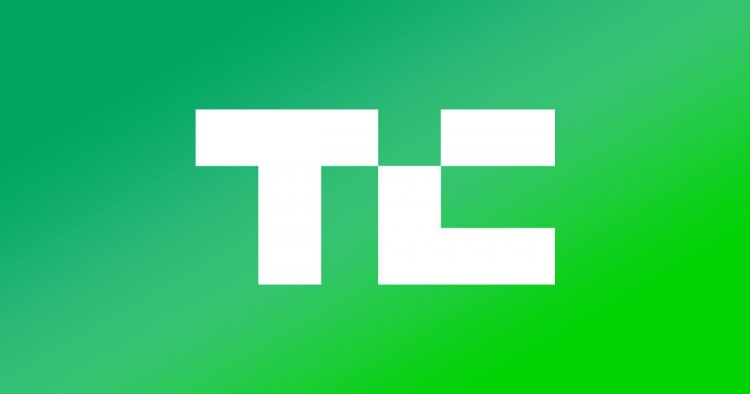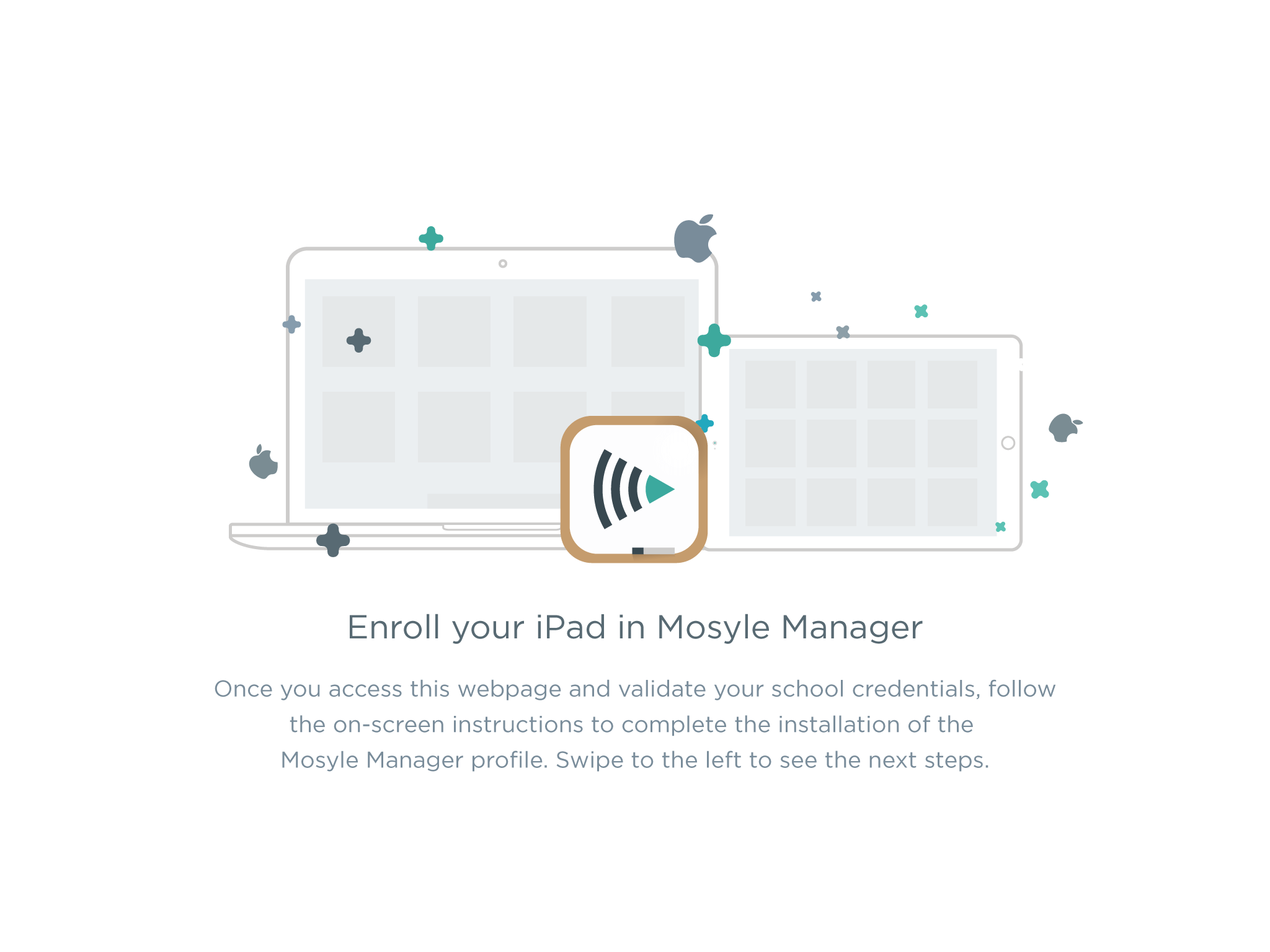Mosyle rides its device management software to the bank, raising $196M
Moysle, a mobile device management platform for Apple devices, today announced that it raised $196 million in a Series B funding round led by Insight Partners with participation from StepStone Group and previous investors including Elephant and Album VC. CEO Alcyr Araujo says that the round, which comes as Moysle introduces a new product, Apple […]

Moysle, a mobile device management platform for Apple devices, today announced that it raised $196 million in a Series B funding round led by Insight Partners with participation from StepStone Group and previous investors including Elephant and Album VC. CEO Alcyr Araujo says that the round, which comes as Moysle introduces a new product, Apple Unified Platform for Business, will be put toward supporting company growth and “fuel[ing] innovation.”
Mobile device management, or MDM, lets IT admins monitor and manage devices like smartphones, tablets, and laptops that access business data. MDM is an increasingly useful technology as more and more businesses count on employees using personal devices to access company apps, which is no doubt why Apple has over the years released MDM features aimed at enterprise customers. Araujo makes the case, however, that MDM with Apple devices remains fraught from a security and privacy perspective.
It’s an argument that’s won over investors, apparently. While Moysle declined to reveal its valuation, the Series B is nearly six times the size of the company’s previous funding round ($32.8 million).
Markets and Markets predicts that the global mobile device management market will be worth $20.4 billion by 2026, up from $5.5 billion in 2021. That aligns with the findings of a recent CyberEdge Group survey, which shows that bring-your-own-device (BYOD) policies at enterprises spiked from 42% in early 2020 to 66% in October 2020, mostly as a result of pandemic work-from-home policies.
“Apple adoption in the enterprise is growing (and will continue to grow) exponentially, but this comes a time where work-from-anywhere initiatives are pushing management and protection away from the network to the endpoint,” he told TechCrunch via email. “The challenge for [chief information security officers] and IT teams is clear. How can we get the most out of Apple devices and unlock productivity gains from these devices (and apps) without introducing vulnerabilities or cumbersome workflows for employees?”

Image Credits: MoSyle
Mosyle’s platform offers device management, endpoint security, internet privacy, and identity and application management features for macOS, iOS, and tvOS devices (e.g., Apple TV). Using Mosyle, companies can ship a Mac to an employee, for example, and configure it to boot up with certain apps installed and security configurations enforced.
Mosyle’s new Apple Unified Platform goes slightly further, delivering antivirus and antimalware, remote wipe and lock tools, and support for shared devices and privileged account management. Apple Unified Platform also includes encrypted DNS functionality for web filtering on Apple endpoints and a combination of single sign-on functionality with two-factor authentication for identity management. In addition, Apple Unified Platform allows organizations to remotely deploy, update, and manage compatible apps on Apple devices regardless of whether the app is available on the App Store.
Last year, Apple introduced its own holistic MDM solution for small- and medium-sized businesses, Apple Business Essentials, which folded device management, customer support, and iCloud storage into a single subscription plan. But when asked about which vendors he sees as rivals, Araujo named Jamf — not Apple — as Mosyle’s “main competitor.”
Beneficial pivot
When Araujo started Mosyle in 2012 in his native country of Brazil, the company’s sole product was an iPad-based learning management system for schools. A pivot came in 2015, when Mosyle raised $1 million to enter the U.S. market with an Apple-only MDM platform for K-12 schools. 2018 marked the company’s next major turning point: the introduction of Mosyle Business, its first enterprise MDM product. A follow-up with endpoint security, patch management, and identity management upgrades called Moysle Fuse arrived in 2021.
MDM software has gotten a bad rap in recent years, particularly as the pandemic has forced students and workers to transition to remote and hybrid setups. A recent piece in Education Week questions whether they’re an invasion of privacy, while 67% of employees surveyed in a 2015 Bitglass survey said that they’d participate in a BYOD program if employers couldn’t view or alter their personal data and apps.
With $215 million in cash and 32,000 customers, though, over-100-employee Mosyle — which claims to have experienced “triple digit” revenue growth since 2020 — is prepping for further expansion.
“Throughout this journey, our focus has always been to enhance the experience of organizations with Apple devices, make Apple the indisputable lead devices for education and corporate use, and do it all with high-quality solutions at a fraction of the cost of our competitors,” Araujo said. “[The] funding is validation of this vision and our belief that companies require more than traditional MDM in today’s hybrid work environment.”







